lymphocytic colitis in cats
Lymphocytic-plasmacytic colitis was diagnosed in 6 cats. Some cats have a decrease in appetite some have an increased appetite while others have no change in appetite.
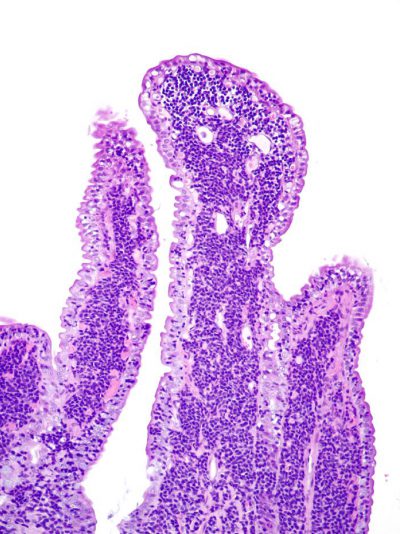
Differentiating Feline Intestinal Lymphoma From Inflammatory Bowel Disease Ibd College Of Veterinary Medicine At Msu
Food intolerance infection abrasives idiopathic.

. However lymphocytic cholangitis does not progress to biliary cirrhosis. Other physical symptoms of. Colitis is an inflammation of the colon large intestine which is the last part of the digestive tract in cats.
The calling card of colitis in cats is a loose or mostly wet stool containing mucus and sometimes blood. Depends on causes dietary modification sulfasalazine antibiotics - corticosteroids. Feline lymphoma most commonly affects the intestines.
The term colitis in the dog and cat is very general. Lymphocytic plasmacytic infiltration in the colonic lamina propria was found on colon biopsies. With acute colitis your cat might show no other signs of being sick except possibly diarrhea or straining to defecate.
They may strain to defecate go more often than normal or miss the litter pan. Cats with colitis often have fresh red blood andor mucus in their stools. Inflammatory changes in the colon are usually lymphocytic-plasmacytic but other forms include eosinophilic neutrophilic and granulomatous enteritis.
It often refers to any one of a variety of afflictions of. Colitis in the Dog and Cat. Most cats that fail to respond to a diet or antibiotic trials are usually administered glucocorticoids and many will respond.
They are an essential component of the immune system. Lymphocytic-plasmacytic gastroenteritis is an inflammatory bowel disease in which lymphocytes and plasma cells antibodies enter the lining of the stomach and intestines. The cat has decreased appetite vomits has abdominal pain is dehydrated and lethargic.
Sometimes also called IBD Inflammatory Bowel Disease SBS Spastic Bowel Syndrome IBS Inflammatory Bowel Syndrome Lymphocytic-plasmacytic Inflammatory Bowel Disease. Lymphocytic cells or certain types of white blood cells become misshapen and cancerous and speed the progress of the disease. Frequent watery stools which may contain blood or mucus loss of appetite.
Inappetence loss of appetite Diarrhea. Affected cats often develop weight loss vomiting and diarrhea. It is thought to be caused by an abnormal immune response to environmental stimuli due to loss of normal immune regulation.
If the colitis is chronic the cat will lose weight. Histiocytic Ulcerative Colitis in Cats. In one study cats were initially treated with dietary fiber or with dietary fiber and pharmacologic intervention prednisone tylosin or.
Persians are often predisposed. Environmental dietary and immune-system factors likely also play a role in disease development. Click down to read about constipation and megacolon.
Hypoxia inadequate oxygen supply Symptoms of extranodal lymphoma in cats. The more common causes of colitis include. Young to middle-aged cats 50 are under 4 years old.
6 rows Lymphocytic-plasmacytic colitis is the most common form of colitis in both the dog and cat. Generally oral prednisolone. Symptoms of mediastinal lymphoma in cats.
Treatment of Inflammatory Colitis. Lymphocytic leukemia in short and simple terms is a cancer that starts in the bone marrow and quickly spreads to other areas of the body. Increased frequency of defecation with tenesmus.
Parasites such as hookworms roundworms whipworms or giardia Food allergy Bacterial viral or fungal infections Eating nonfood items such as grass plastic or fabric. Histiocytes are large white blood cells that reside in the normal connective tissue where they ingest infectious microorganisms and foreign particles. However lymphocytic cholangitis does not progress to biliary cirrhosis.
Histiocytic ulcerative colitis is an uncommon disease characterized by ulcers in the lining of the. If her lymphocyte count is below the 20 percent mark its called lymphopenia. An immune-mediated aetiology has been postulated but this has not been substantiated to date.
The liver and spleen are usually the first organs affected. These symptoms are frequent in other medical conditions or when parasites are present so visit the vet for a proper diagnosis. In both lymphocytic and collagenous colitis there is a modest increase in mononuclear cells within the lamina propria and between crypt epithelial cells primarily consisting of CD8 T lymphocytes plasma cells and macrophages.
The signs and symptoms can vary in intensity and frequency but generally cats exhibit signs of disease intermittently at first with the frequency of episodes increasing over time. In some cases your cat may seem constipated and strain with no results. In most cases a low lymphocyte count is a result of corticosteroid medications used to treat allergic reactions or as anti-inflammatories or because the adrenal glands produce excess cortisol as in Cushings disease.
Stools often with blood and mucus. Cats with lymphocytic-plasmacytic colitis may respond to dietary management alone eg lamb and rice horsemeat or a commercially available diet. While most cats with lymphocytic plasmacytic gastroenteritis are middle-aged this disease has been diagnosed in cats as young as 5 months.
Owners sought veterinary care because of semiformed -to-liquid feces tenesmus fresh blood andor mucus in the feces or increased frequency of defecation in their cats. 83 In collagenous colitis there is a thickened subepithelial collagen layer which may be continuous or patchy. Rare in cats usually part of generalized IBD.
Symptoms of gastrointestinal of lymphoma in cats. Lymphocytic colitis is a condition that affects your large intestine. Lymphocytic-Plasmacytic Gastroenteritis in Cats.
The cat defecates more often. There are a number of causes of colitis in cats which include infection food allergy or intolerance parasites pancreatitis cancer dietary indiscretion and stress. Occasionally cats with acute infections other.
It is rarely associated with pancreatitis compared to Cholangitis Neutrophilic. Therefore clinical signs of lymphoma are often similar to other intestinal diseases.
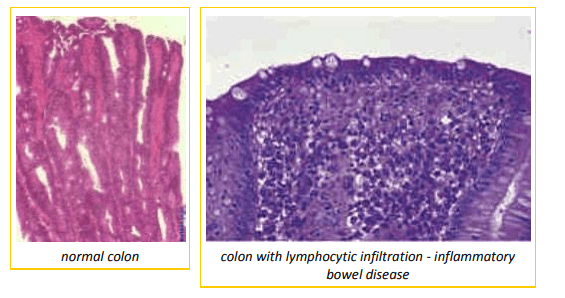
Inflammatory Bowel Disease On Pets Cambridge Vets New Zealand

Inflammatory Bowel Disease In Cats Natural Treatment
Ibd Mimics Most Common Conditions Misdiagnosed As Ibd Crohn S Colitis Foundation
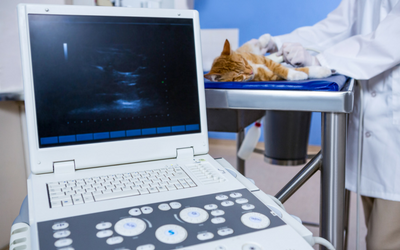
Lymphocytic Plasmacytic Gastroenteritis In Cats Vca Animal Hospital
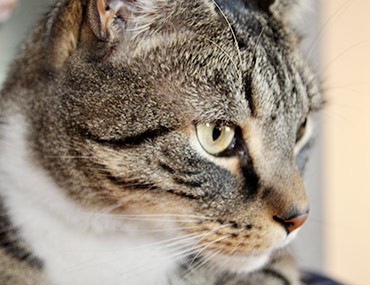
Feline Colitis An Infection In The Colon

Inflammatory Bowel Disease In Dogs And Cats The Veterinary Nurse
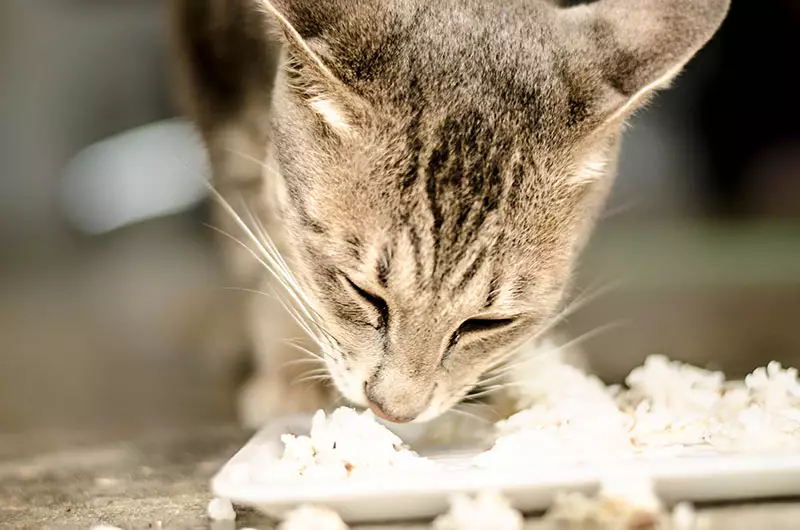
Colitis In Cats What It Is Symptoms Causes Treatment

Inflammatory Bowel Disease In Cats

Dealing With Ibd Valley Cats Inc
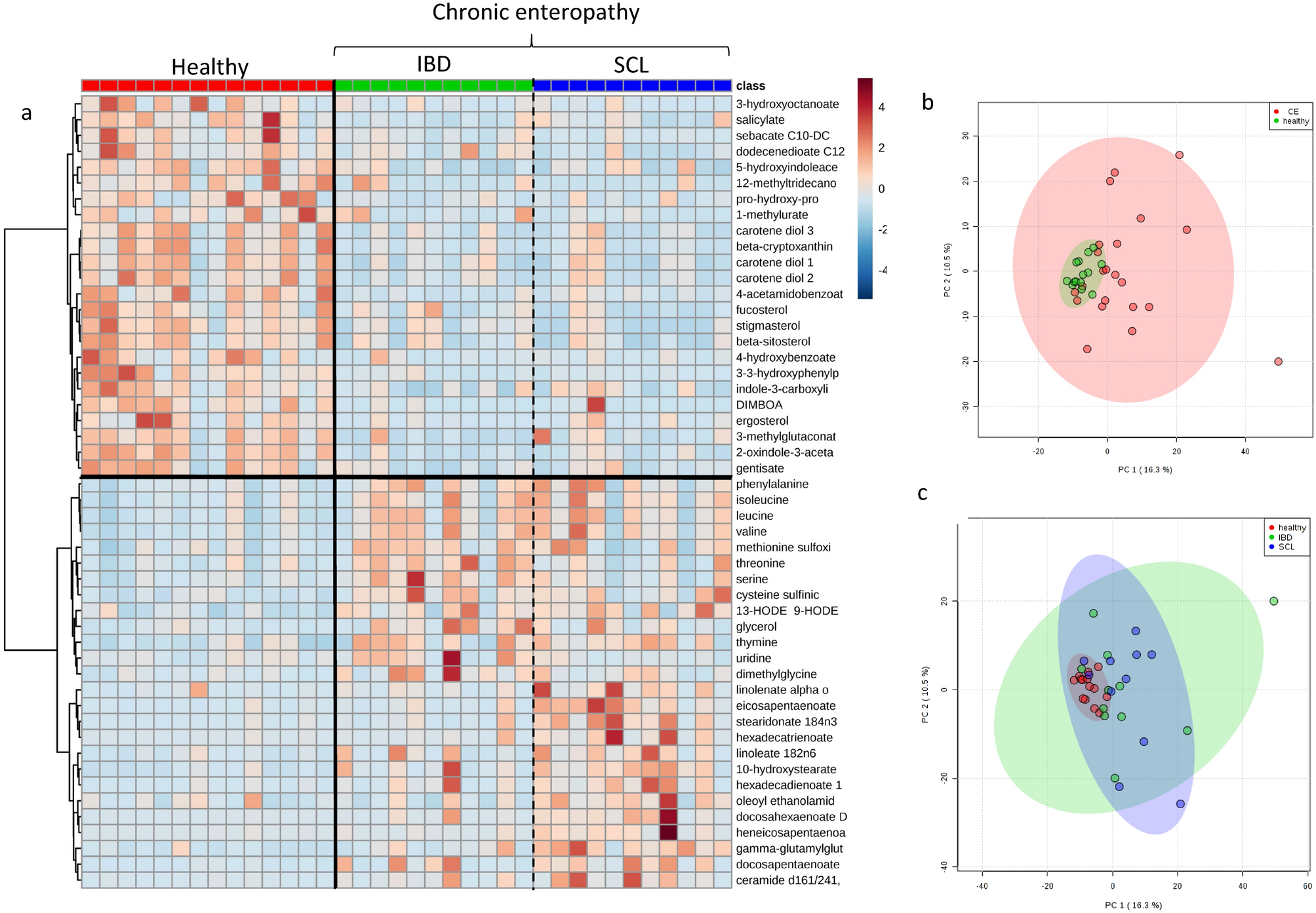
Untargeted Metabolomic Analysis In Cats With Naturally Occurring Inflammatory Bowel Disease And Alimentary Small Cell Lymphoma Scientific Reports

What Is Inflammatory Bowel Disease In Cats Canna Pet
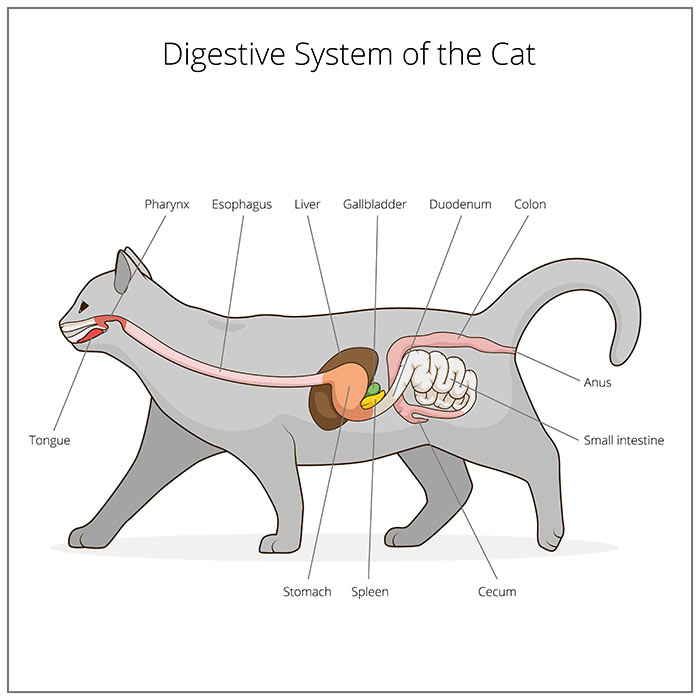
Colitis In Cats What It Is Symptoms Causes Treatment
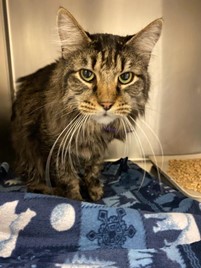
Inflammatory Bowel Disease Ibd One Health Institute
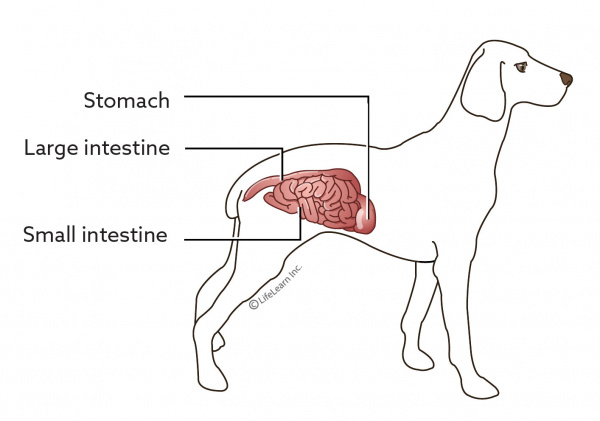
Intestinal Tumors Vca Animal Hospital

Inflammatory Bowel Disease In Cats Natural Treatment

Feline Inflammatory Bowel Disease Treating Ibd In Cats

Inflammatory Bowel Disease In Cats Natural Treatment

Georgia Veterinarian Explains Acute Colitis In Dogs Diarrhea In Dogs Colitis Acute Colitis
